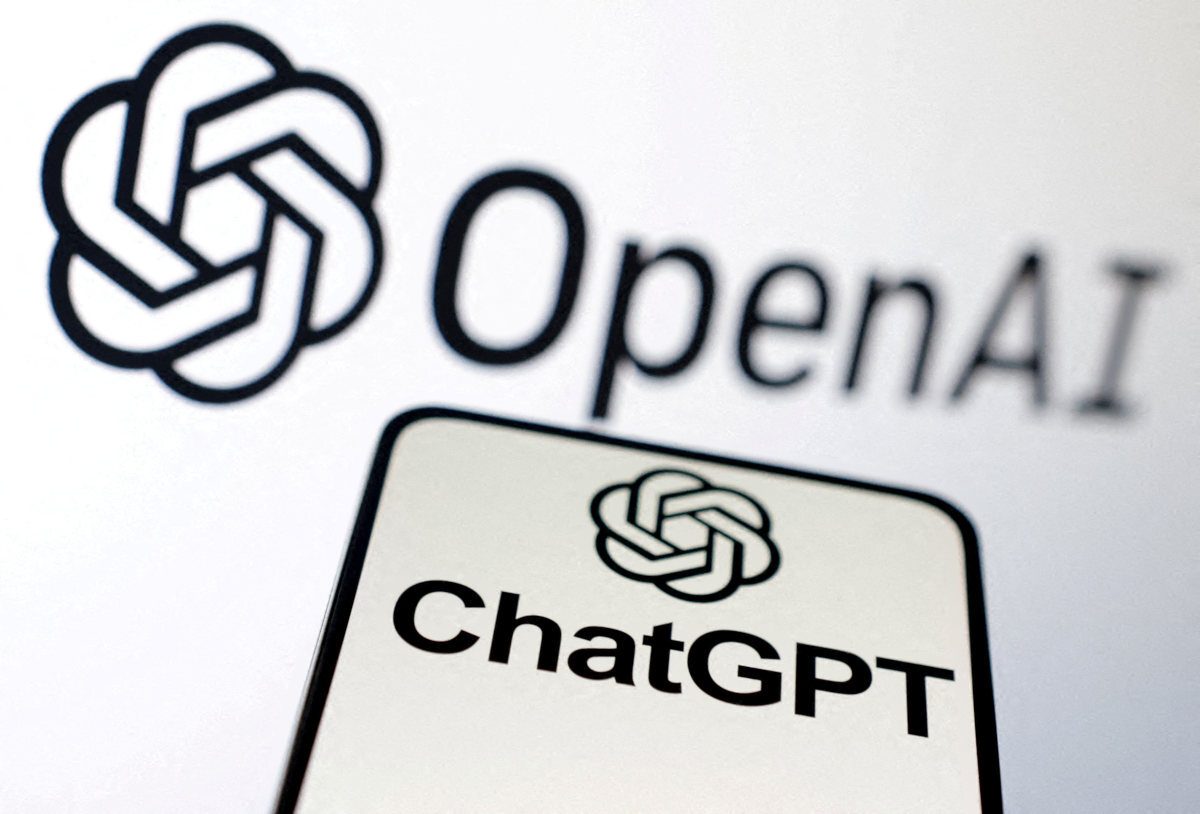SUMMARY
This is AI generated summarization, which may have errors. For context, always refer to the full article.

MANILA, Philippines – OpenAI announced on Thursday, September 28 that ChatGPT will no longer be limited to data before September 2021, and it can now browse the internet for information.
“ChatGPT can now browse the internet to provide you with current and authoritative information, complete with direct links to sources. It is no longer limited to data before September 2021,” it tweeted.
This is a huge change for the popular AI chatbot. Before the change, the chatbot would inform users that it could only provide accurate information up to the September cutoff date in 2021. This was seen as one way to keep the platform safe from providing inaccurate information on ongoing events, but to some, also a limitation that hindered research.
With the change, OpenAI said the platform will now be able to browse the internet from which it could scrape data from, to provide users with “current and authoritative information, complete with direct links to sources.” It is unclear how it will identify what is authoritative information.
Given how ChatGPT has a history of hallucinatory or made-up answers, and disinformation and fake information on the internet remain a problem, ChatGPT faces a challenging road in proving that it can provide accurate and trustworthy information.
This same month, a growing list that included news sites such as CNN, The Guardian, New York Times, Reuters, and Washington Post blocked ChatGPT’s web crawler. Axios also reported in August that about 20% of the world’s top 1000 websites have blocked the crawler. Without access to these sites, what would the effect be on the quality of ChatGPT’s answers?
The new function to browse the internet, and how ChatGPT interacts with sites depends on how sites themselves configure the crawler. OpenAI said, “Updates [for the browsing function] include following robots.txt and identifying user agents so sites can control how ChatGPT interacts with them.”
Robots.txt is a document that site owners can configure to tell crawlers which parts of a website they can access. Putting in instructions on the document to block the ChatGPT crawler can forbid it to access and scrape either the entire site or just parts of it.
The browsing function was originally rolled out in May but was disabled in July as users found out that it could bypass paywalls of websites. OpenAI said then, “We’ve learned that ChatGPT’s ‘Browse’ beta can occasionally display content in ways we don’t want, e.g. if a user specifically asks for a URL’s full text, it may inadvertently fulfill this request. We are disabling Browse while we fix this – want to do right by content owners.”
The revived browse function will be again available first to paying Plus and Enterprise, and Microsoft Bing users, but will be expanded to all users “soon.”
Last September 25, OpenAI also launched new voice and image features, allowing users to converse via voice with ChatGPT, or ask it about a particular image a user took with a camera. – Rappler.com
Add a comment
How does this make you feel?
There are no comments yet. Add your comment to start the conversation.